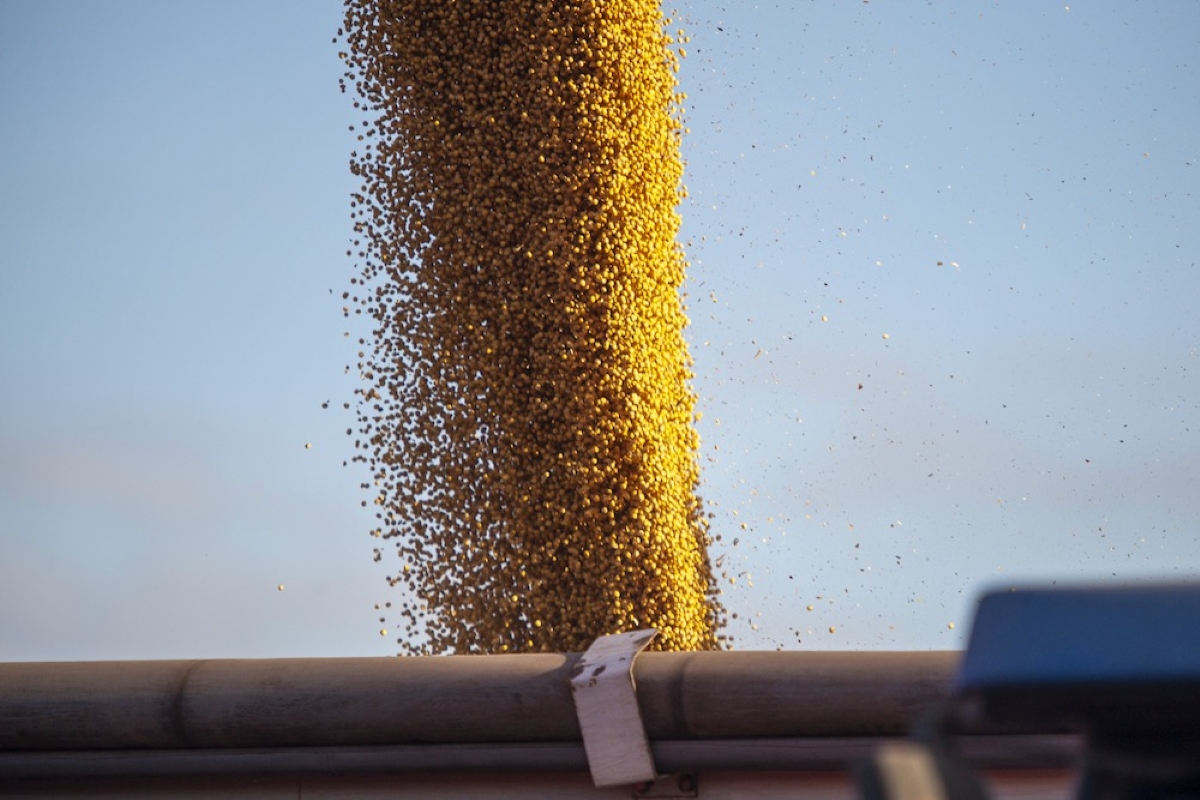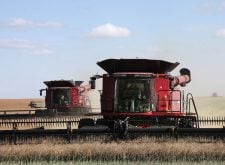MarketsFarm — As the 11-day-old port workers strike in British Columbia continued to impede exports from Canada’s West Coast, Marcos Mosnaim of Export Packers said the work stoppage was taking a toll on the country’s pulse exports — specifically those exported by container.
“So you have cargo held in Vancouver or on its way to Vancouver, or people not shipping to Vancouver because they don’t want to pay demurrage and detention,” he said.
Demurrage is the charges paid for the use of a container within a terminal, while detention is the fee paid for the container’s use outside of the terminal.
Read Also

Brazil to reap record soy crop in 2025/2026, increase exports
Brazil’s Conab said the country will reap a record soybean crop of 177.6 million tons in the 2025/2026 harvest year, according to data released on Thursday.
Talks between the B.C. Maritime Employers Association and the International Longshore and Warehouse Union Canada broke down July 3 following a marathon bargaining session during the Canada Day long weekend.
With the previous five-year agreement having expired March 31, ILWU Canada said it’s seeking a two-year deal with wage increases of 11 per cent in the first year and six per cent in the second. Also, the union accused port employers of raking in record profits, while the BCMEA charged the union’s demands are unreasonable.
Talks resumed several days later with the assistance of federal mediators, but negotiations stalled a second time on Tuesday.
While pulse exports by container remained at a standstill, bulk grain carriers are still being loaded as required under the Canada Labour Code.
“The container business is being stopped right now and it is a problem, and the [federal] government needs to intervene,” Mosnaim said.
So far, the federal Liberal government has resisted demands to recall Parliament in order to quickly push back-to-work legislation through the House of Commons and Senate. The premiers of Alberta and Saskatchewan, along with some business and agriculture groups, have demanded a stronger response from Ottawa.
Mosnaim noted something of a silver lining for pulses with the port workers’ strike: summer, between the end of the old crop and the coming new crop, is a slow time for exports.
The labour dispute’s impact on Canada’s pulse exports would be far greater, he said, if it occurred in September when the new crop was being harvested.
— Glen Hallick reports for MarketsFarm from Winnipeg.















